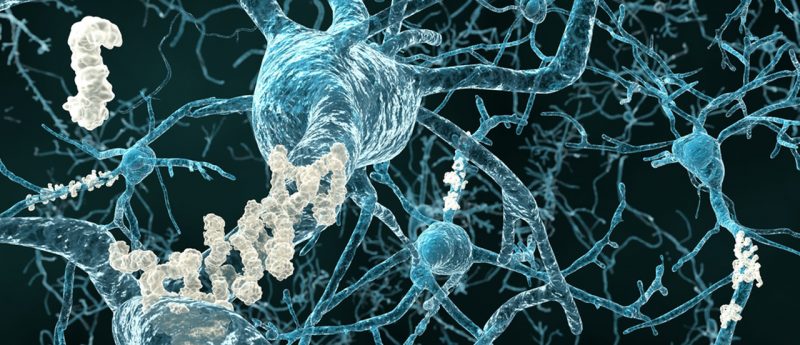Elucidating the link between the modifiable risk factors of Alzheimer’s disease and neuroinflammation

Increased worldwide longevity through medical interventions, although beneficial, has allowed the age-related Alzheimer's disease (AD) to become an epidemic of the 21st century. AD pathology involves adverse activation of microglia, the immune cells of the brain and resulting chronic neuroinflammation. Certain diets, physical inactivity and Type 2 diabetes mellitus have been identified as the risk factors for developing AD, which may increase the risk of AD by neuroimmune mechanisms primarily through the overactivation of microglia. Thus, modifying these risk factors may represent an alternative therapeutic strategy for lowering the incidence of AD. We highlight the link between select modifiable risk...





